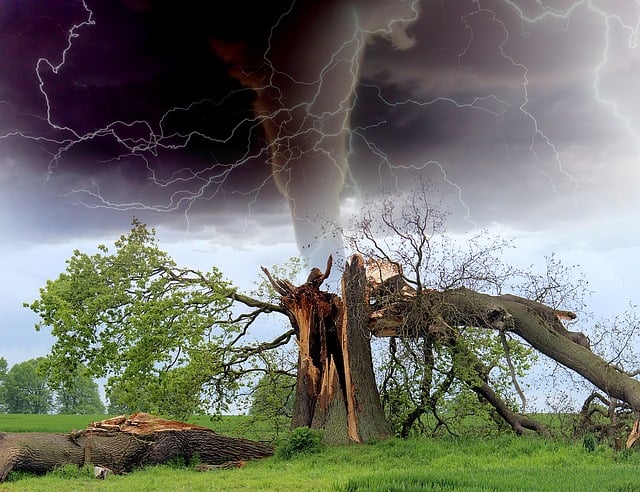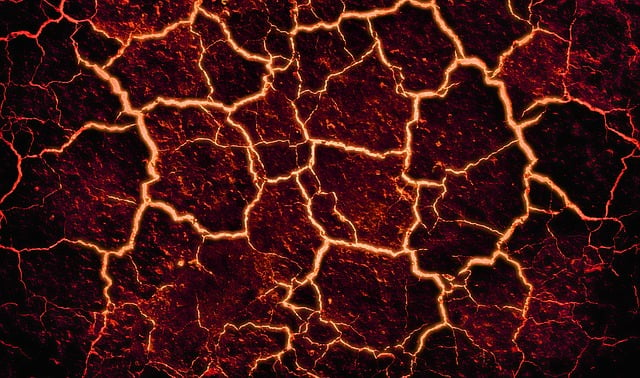Selling a fire-damaged home in Houston requires a meticulous post-fire property valuation, considering structural and aesthetic damages, local market conditions, and comparable sales. Homeowners and real estate professionals must balance renovation challenges with potential revitalized living spaces. Understanding insurance coverage is crucial for navigating financial aspects, while strategic marketing, safety upgrades, professional contractors, and effective staging enhance appeal to prospective buyers using keywords "selling a home with fire damage Houston" for SEO.
After a devastating fire, accurately valuing remaining properties becomes crucial. This is especially true in dynamic cities like Houston, where real estate markets are robust yet resilient. This article navigates the complex landscape of post-fire property valuation in Houston, offering insights into assessing damage, understanding insurance coverage, and strategic tips for selling a home with fire damage in this vibrant city. Remember that, in light of these challenges, knowledgeable local experts can be a game-changer.
- Understanding Post-Fire Property Valuation in Houston
- Assessing the Extent of Fire Damage
- The Role of Insurance and Policy Coverage
- Strategies for Selling a Home with Fire Damage in Houston
Understanding Post-Fire Property Valuation in Houston

Post-fire property valuation in Houston involves a complex process that considers both structural and aesthetic damages. When selling a home with fire damage, it’s crucial to understand how insurance adjustments, local market conditions, and the severity of the blaze all interplay to determine the property’s value. The initial step is assessing the extent of the harm: from charred walls and singed carpets to blackened ceilings and damaged electrical systems.
Experts in selling a home with fire damage Houston will then factor in the cost of repairs, which can vary widely depending on the scale of destruction. They’ll also consider the property’s location, neighborhood demand, and comparable sales within the area. This comprehensive evaluation is necessary to ensure a fair price that reflects both the challenges of repairing the residence and its potential as a revitalized living space.
Assessing the Extent of Fire Damage

When it comes to post-fire property valuation in Houston, assessing the extent of fire damage is a critical first step for both homeowners and real estate professionals. In the aftermath of a fire, a thorough inspection is essential to determine the severity of the damage to the structure and its contents. This involves a meticulous evaluation of every aspect of the home, from structural integrity to personal belongings, to identify what can be restored and what may need replacement or complete removal.
Selling a home with fire damage in Houston requires a nuanced understanding of this assessment process. Professionals skilled in post-fire valuation know how to factor in variables such as smoke and water damage, loss of insulation, and potential structural shifts. By accurately documenting and quantifying these issues, they can help homeowners navigate the insurance claims process and provide prospective buyers with transparent information about repairs needed or expected costs associated with the property.
The Role of Insurance and Policy Coverage

When it comes to post-fire property valuation in Houston, understanding your insurance coverage is crucial. If you’re selling a home with fire damage, your insurance policy will play a significant role in determining the financial aspects of the process. Policies can vary widely, so reviewing the specifics of your coverage is essential to ensure you know what repairs are covered and how much compensation you might receive for the damage.
Houston homeowners should pay close attention to their deductible amounts and the types of losses covered by their policies. Some insurance plans may offer actual cash value (ACV) coverage, which takes into account the cost of replacing or repairing damaged items. Others might provide only replacement cost coverage, which can be more beneficial for significant structural damage. Knowing these details beforehand will help streamline the valuation process and facilitate a smoother transition as you navigate the selling of your fire-damaged home.
Strategies for Selling a Home with Fire Damage in Houston

Selling a home with fire damage in Houston can be challenging, but there are several strategies to ensure a successful transaction. The first step is to assess the extent of the damage and prioritize repairs that will increase the property’s appeal to potential buyers. This includes making essential safety upgrades and restoring the home to its pre-fire condition as much as possible. Engage professional contractors experienced in fire damage restoration for accurate assessments and quality workmanship.
Next, focus on effective marketing by highlighting the home’s positive attributes while being transparent about the fire damage history. Professional photography and detailed descriptions that emphasize the improvements made post-fire can be powerful tools. Additionally, consider staging the home to create a welcoming environment, showcasing its potential as a safe and desirable living space for buyers.
Post-fire property valuation in Houston involves a nuanced understanding of damage assessment, insurance coverage, and market considerations. By thoroughly evaluating the extent of fire damage and strategically navigating the sale process, homeowners can effectively navigate the challenges of selling a home with fire damage in Houston. Insurance policies play a crucial role in mitigating financial risks, but it’s essential to explore all options for selling, as the local market dynamics can significantly impact recovery efforts.






